The Waste Challenge in Kitetikka: Why We Must Act Now
In Kitetikka village, Wakiso District, poor waste management has become more than just an inconvenience — it’s a daily challenge affecting the health, environment, and dignity of residents. From blocked drainage to increased disease risks, the effects of unmanaged waste touch everyone.
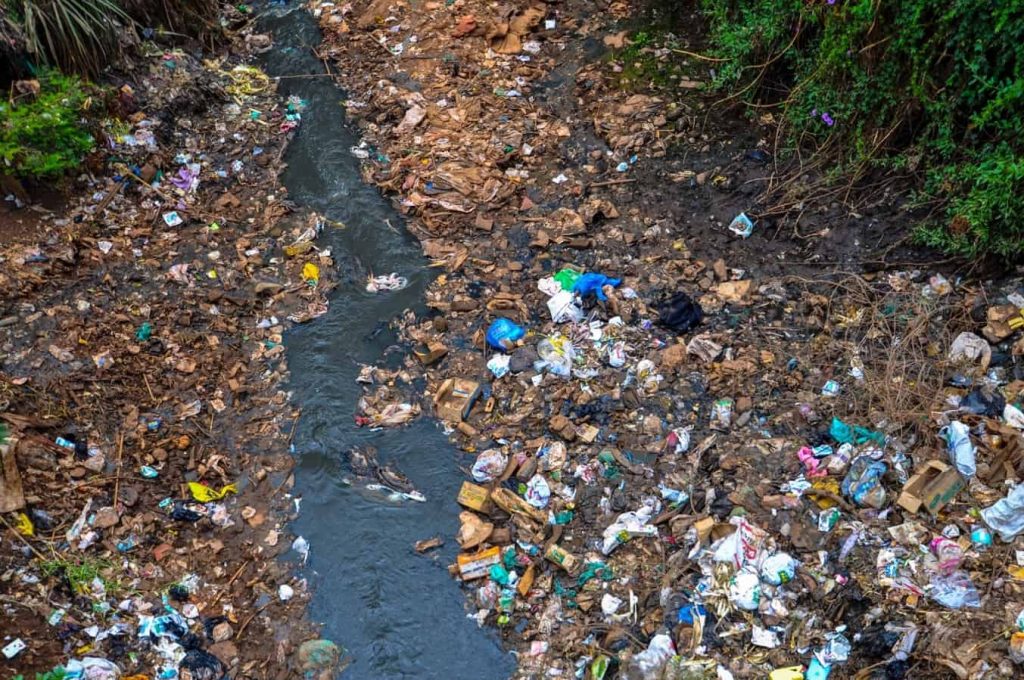
- Garbage is scattered on roadsides,trenches, and near homes. During rainy seasons, clogged drainage leads toflooding, worsening sanitation problems.Families face risks of malaria, cholera,and typhoid. Children play near dangerous dumps, while unpleasant odors reduce the quality of life. Lack of a structured waste collection
system, limited awareness on recycling, and few waste bins or collection
points. Waste is not just trash it’s aresource. With proper systems, education, and community effort, Kitetikkacan transform from polluted to clean.
If we ignore the waste challenge, the problem will only grow. But if we unite
as a community, we can create a healthier, safer, and more attractive Kitetikka
for all.
Simple Ways to Manage Waste at Home
Every household in Kitetikka plays a role in keeping the village clean. Small daily changes can add up to a big community impact. Here are five practical ways to manage waste right at home.
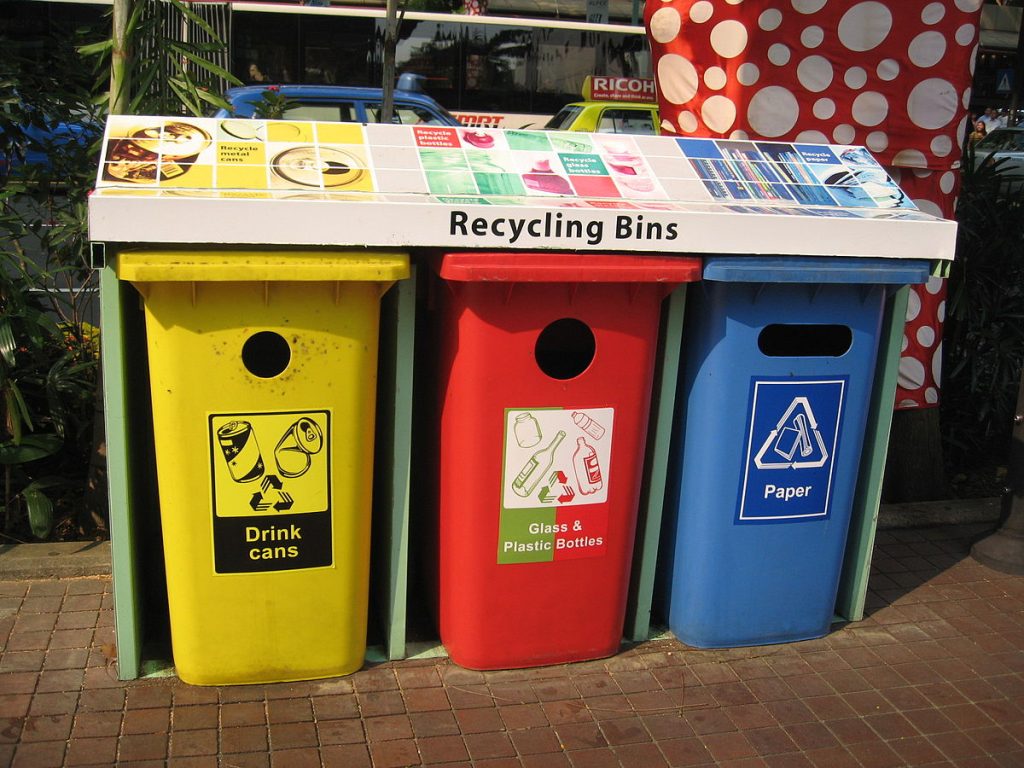
- Sort Your Waste: Keeping biodegradable waste (food, peels) separate from plastics and metals.
- Compost Organic Waste: Turn food scraps and garden waste into natural fertilizer for backyard gardens.
- Reuse and Repurpose: Old bottles, tins, and clothes can be reused instead of thrown away.
- Reduce Plastic Use: Carry a reusable bag to the market instead of using polythene bags.
- Join Community Cleanups: Participate in neighborhood cleanup drives to keep shared spaces clean.
Dangers of Burning Waste
Burning rubbish may seem like the easiest way to get rid of waste, but it brings serious hidden dangers. In Kitetikka, this practice is common — and it’s harming both health and the environment.
- Burning plastics releases dangerous chemicals into the air, causing breathing problems and long-term illnesses. Thick smoke pollutes the atmosphere, making it harder for children, the elderly, and people with asthma to breathe,Burning waste contributes to climate change and destroys soil quality.: Compost organic waste, recycle plastics, and dispose of rubbish in designated areas instead of burning.
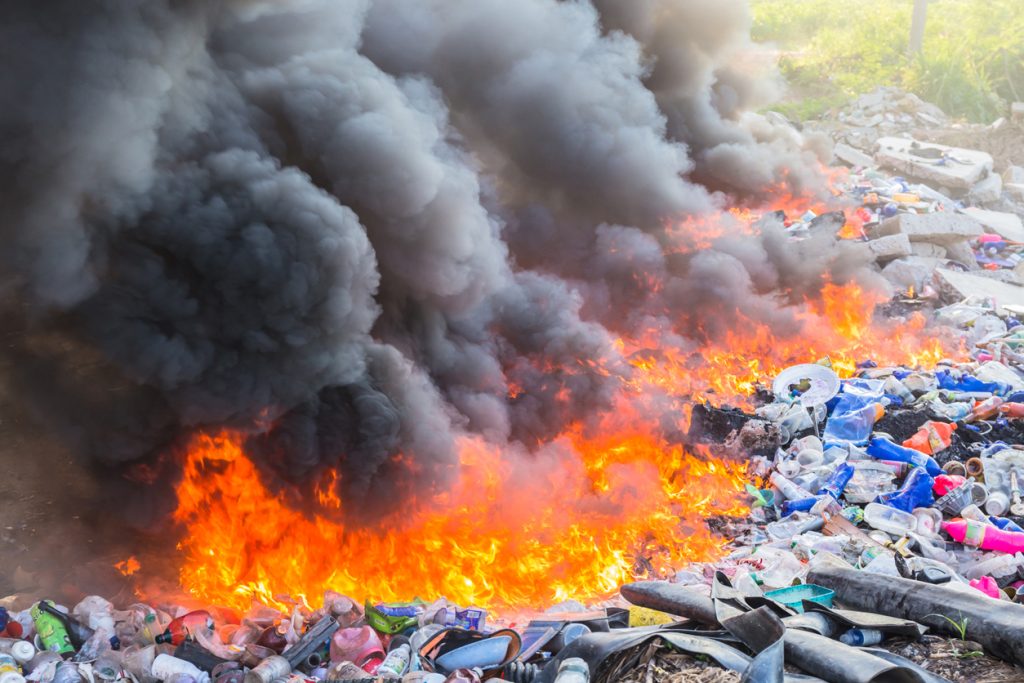
Community
Cleanups: Building Pride in Kitetikka
A clean community is a proud community. In Kitetikka, community cleanups are more
than just picking up trash — they’re about working together, strengthening
bonds, and creating a healthier environment.
- They remove waste from public
spaces, reduce disease risks, and improve the village’s beauty. - Cleanups teach children
responsibility and show residents the power of collective action. - Join scheduled cleanup days,
bring gloves or simple tools, and encourage neighbors to join. - Even one cleanup can transform
a road, trench, or playground into a safe, clean space.
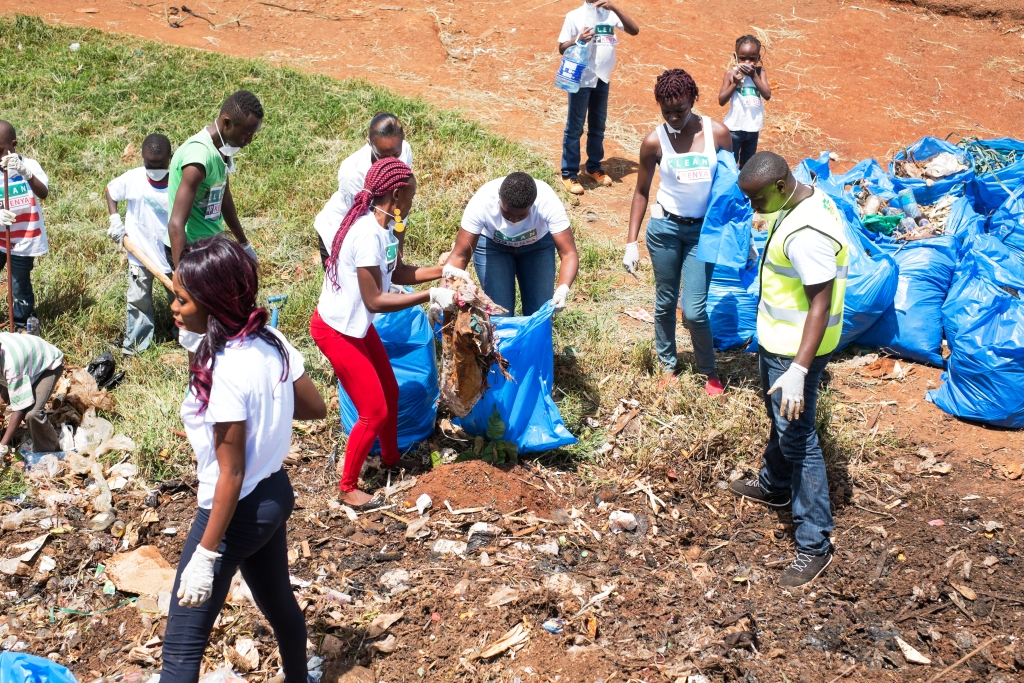
Turning Waste Into Opportunity: The Future of Recycling in Kitetikka
What if waste wasn’t a problem, but a resource? Recycling has the power to
create jobs, protect the environment, and improve the economy in Kitetikka.
- What Can Be Recycled: Plastics, metals, paper, and glass can all be given a second life.
- Benefits of Recycling: Reduces pollution, saves resources, and prevents waste from ending up in trenches or dumps.
- Opportunities for Youth: Recycling projects can create small businesses — from making crafts with plastic bottles to selling compost.
- The Role of Waste Wise: By promoting recycling awareness and connecting the community with opportunities, Waste Wise can turn trash into treasure.

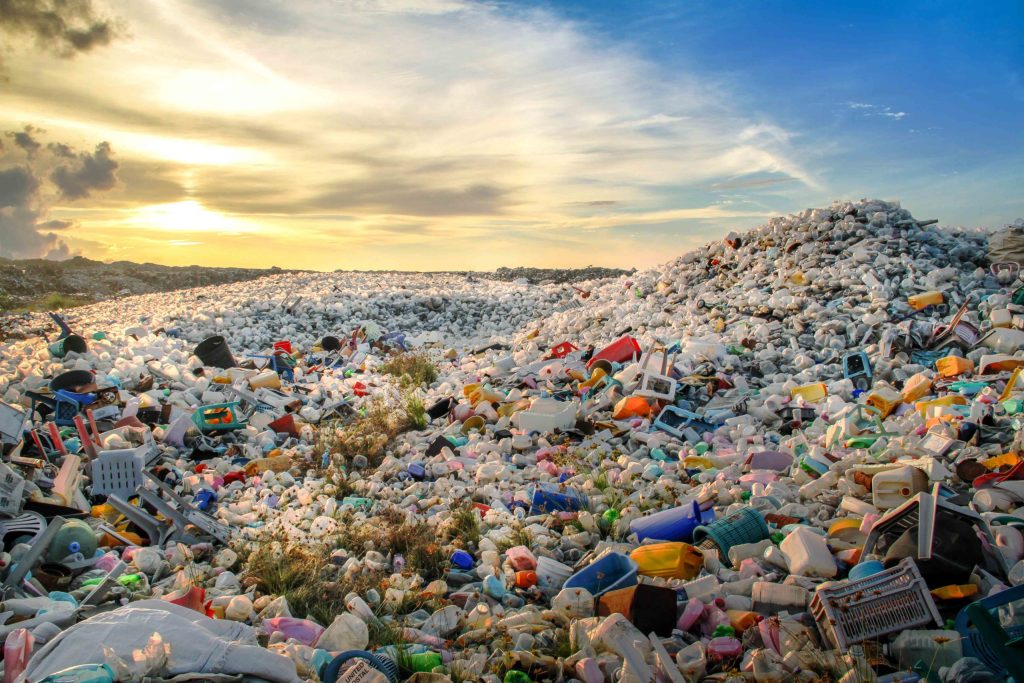
Join the Race To Make Kitetikka A better Place


